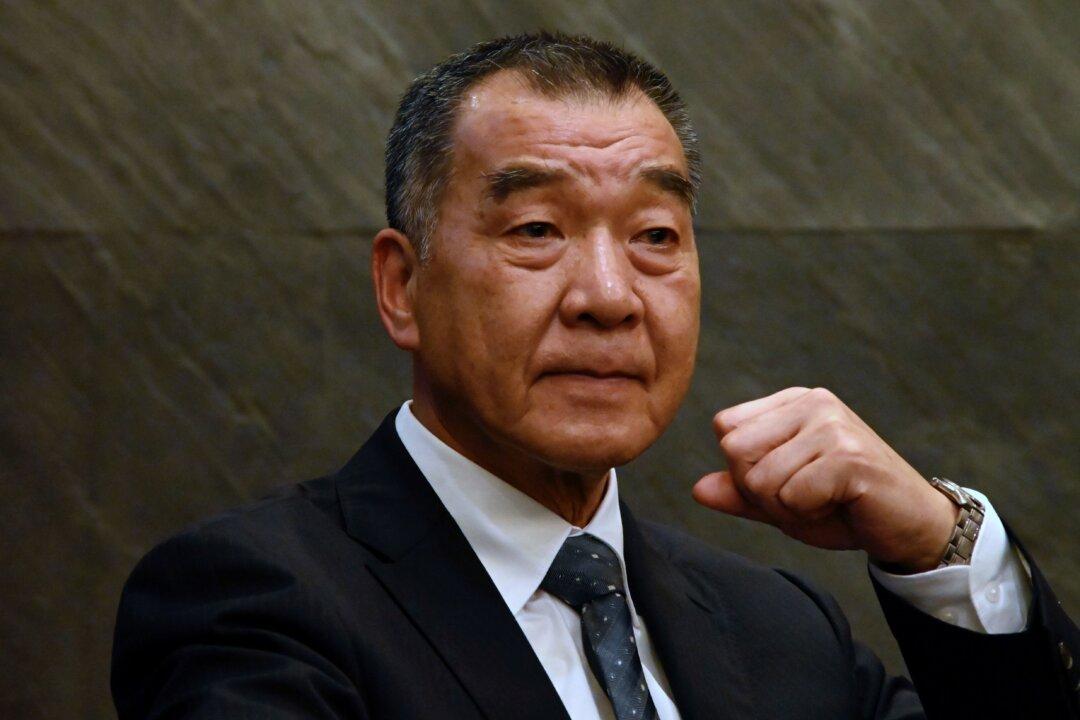Taiwan’s defense minister said on Oct. 28 that the island must have the ability to defend itself, and not rely on others for help, if the Chinese regime were to attack.
The remarks came after the island’s president said she had “faith” that the United States would come to Taiwan’s aid if the Chinese regime were to invade.




